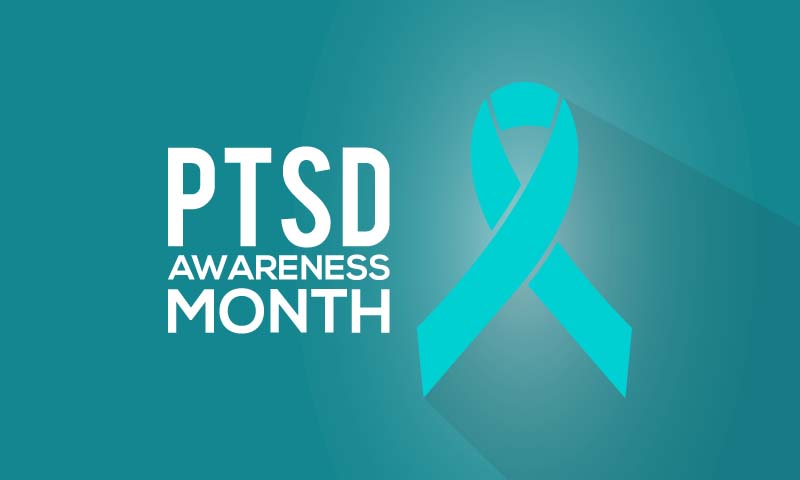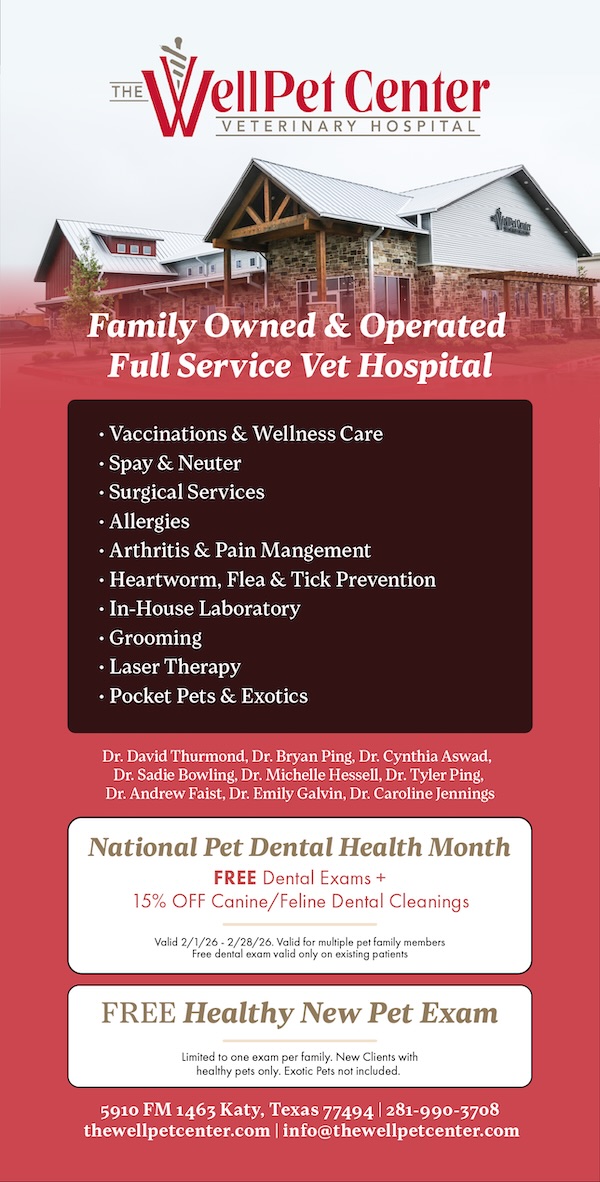
June is National PTSD Awareness Month
Help Raise PTSD Awareness
There are currently about 8 million people in the United States with PTSD.
Even though PTSD treatments work, most people who have PTSD don't get the help they need. June is PTSD Awareness Month. Help us spread the word that effective PTSD treatments are available. Everyone with PTSD - whether they are Veterans or civilian survivors of sexual assault, serious accidents, natural disasters, or other traumatic events - needs to know that treatments really do work and can lead to a better quality of life.
Join Us
During PTSD Awareness Month, and throughout the entire year, help raise awareness about the many different PTSD treatment options.
Make the Pledge
Start by making the pledge to Raise PTSD Awareness.
Register for the Virtual Walk
Join us for 30 minutes of exercise in June. Sign up for the Virtual Walk.
Take a PTSD Self-Screen
Answer 5 questions about your symptoms on PTSD Screening Day: June 27
Spread the Word
Spread the word, making sure to follow the COVID-19 safety guidelines outlined for your area.
The following materials can be easily downloaded, printed, and/or shared for PTSD Awareness Month. Download all of the materials (.zip, 44mb) or download individual materials below, as needed.
Share our social media posts, flyers and graphics for PTSD Screening Day on June 27.
Looking for something that you don't find here? Please contact us: ncptsd@va.gov.
PTSD Awareness Month Calendar
30 ways to raise PTSD awareness, one for every day during the month of June.
PTSD Awareness Month Calendar: For Providers
Health Care Provider version of our 30 ways to raise PTSD awareness calendar, one for every day during the month of June.
Outreach Ideas
Additional ideas to raise PTSD awareness.
Outreach Ideas for Mental Health Providers
Additional ideas for Mental Health Providers to raise PTSD awareness.
Hosting a Virtual PTSD Awareness Month Event
Explore the many ways to virtually spread PTSD awareness.
Drop-In Blog Post
A sample blog post to help readers understand PTSD and learn where to go for treatment.
PowerPoint Slide Deck
This PowerPoint presentation can be edited to meet the needs of your audience.
Sample Proclamation
Ask your governor, mayor or other local official to declare June as PTSD Awareness Month using our sample proclamation.
Partner with Us
Growing public understanding of PTSD and spreading the word that PTSD treatment works takes all of us. We encourage you to raise awareness with us.
Make the Pledge
If you'd like to join our efforts, we ask that you complete the Raise PTSD Awareness Pledge (new online form).
PTSD Awareness Partner Toolkit
If your organization would like to partner with us, download the Partner Toolkit (zipped file - 16MB), which is full of helpful information and resources to help you spread the word. The Partner toolkit includes a factsheet and infographic on PTSD, pre-crafted social media messages, website badges, a newsletter advertisement and a feature article.
Working Together
The list of organizations below are committed to helping us raise awareness. We update this page throughout June to recognize those who are Working Together to Raise PTSD Awareness.
There are others not listed to whom we extend our thanks, especially those who support someone with PTSD. We also want to recognize those who treat PTSD, at VA Medical Centers, Vet Centers, and individual providers.
Organizations
Understand PTSD
PTSD (posttraumatic stress disorder) is a mental health problem that some people develop after experiencing or witnessing a life-threatening event, like combat, a natural disaster, a car accident, or sexual assault.
Anyone can develop PTSD at any age. There are factors that can increase the chance someone will develop PTSD, and these are often not under that person's control. To begin understanding PTSD:
- Start with PTSD Basics. This page offers key information about trauma, PTSD, and treatment options.
- Download our Understanding PTSD and PTSD Treatment (PDF) booklet.
- Participate in our free, in-depth Continuing Education Courses for more advanced information. Professionals can earn continuing education credits for most courses.
Understand PTSD Treatment
There are options for treating PTSD. For many people, effective treatments less intense or get rid of symptoms altogether. Take the mystery out of PTSD treatment:
- Watch our short whiteboard video PTSD Treatment: Know Your Options to learn which treatments are best.
- Use the PTSD Treatment Decision Aid to find the treatment that is best for you.
- Visit AboutFace, a website where Veterans, their family members, and clinicians talk about turning life around with PTSD treatment.
Get Support
The National Center for PTSD does not provide direct clinical care or individual referrals. We provide information to help you find local mental health services and information on trauma and PTSD. Effective treatments for PTSD are available.
Get Help in a Crisis
Numbers for emergency resources such as the
National Suicide Prevention Lifeline (1-800-273-8255) and Veterans Crisis Line (1-800-273-8255, press 1).
Find a Therapist
Suggestions for finding a therapist, counselor, or mental health care provider who can help your recovery.
Help for Veterans
Resources to help you find treatment within VA.
Help for Family and Friends
Resources to help you take care of yourself while supporting someone with PTSD.
You can also find Self-Help and Coping tools to help you manage stress reactions, regardless of whether or not you have PTSD.
Resources for Help Today
Are you a Veteran in crisis or concerned about one?
You're not alone—the Veterans Crisis Line is here for you. All communication is confidential and you don't have to be enrolled in VA benefits or health care to call.



